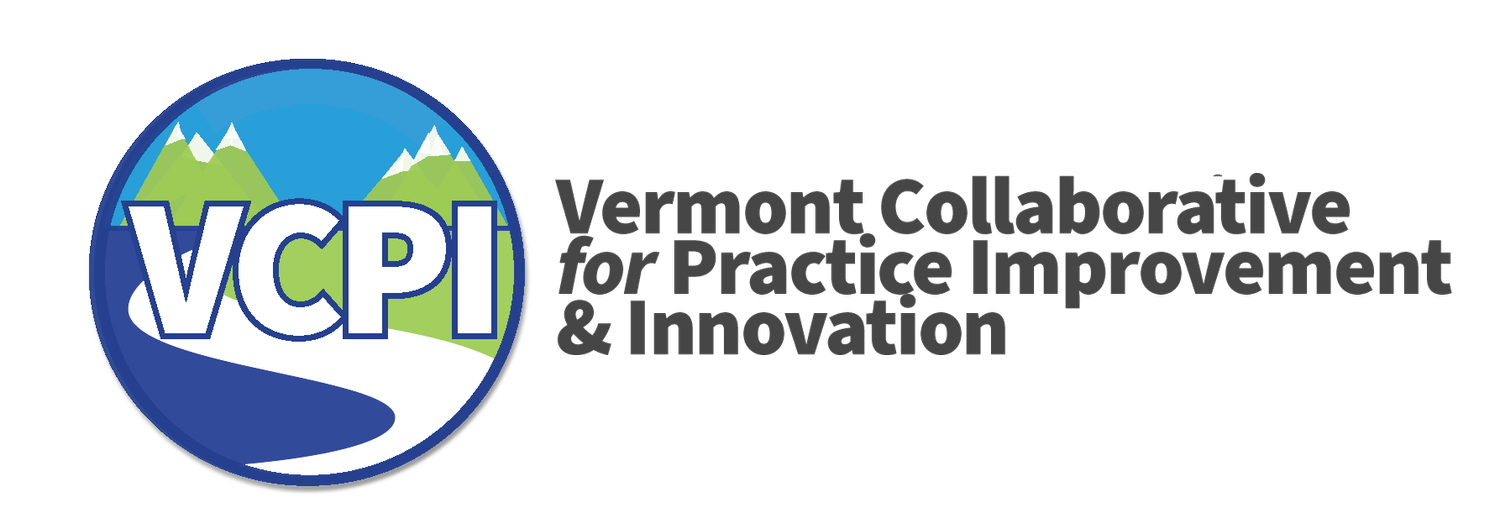What is environmental mental health?
Does the environment truly play a role in your mental health? Experts say, yes, it does. Toxins like air and water pollutants and others found in items we use every day can severely damage our physical health and mental well-being. Not to mention extreme weather patterns, increasing temperatures, and both current and future threats of natural disasters. All of these challenges have connections to increased changes of developing mental health problems, such as PTSD, depression, anxiety, psychosis, bipolar disorder, schizophrenia disorder, as well as substance use, increased conflict and violence, and even risk of suicide. It’s no wonder why many youth today have developed what is known as ‘eco-anxiety’ - and identified it as a priority concern.
Eco-anxiety is defined by the American Psychological Association (APA) as anxiety or worry about climate change and its effects. The Climate Psychology Alliance also relates this as a crisis of hope, where the youths of today want to act, but lack the power that the government and corporations have to put people over profit. Ecological grief, also known as climate grief, typically follows as a response to loss caused by environmental destruction or climate change. This is known as a disenfranchised grief – one that is not often recognized or supported socially as other forms of grief, such as losing a loved one. So the question remains: how can we support our younger friends and allies as they try and navigate this rapidly changing world?
Enter amazing eco-conscious people, like Heather White, who has a fun way of involving everyone in the climate action movement. Heather is the CEO of non-profit, OneGreenThing, and has authored a book by the same name. On the non-profit website is a Service Superpower Quiz – a unique way to help you identify where your service strengths lie according to who you are as an individual. It’s an personalized and interactive way that really takes this idea that you can make a difference and includes a 21-Day Action Plan to help make that idea a reality.
As a Wonk (my quiz result), I like to know “the facts and the ins and outs of new and developing technologies and policies,” and I do! I enjoy working with data and showing others what that data means. I also love talking to my friends and loved ones about what it is that I’ve learned, in hopes to start a conversation to spark action, even if that action is small.
The 21-Day Action Plan follows the seven principles of OneGreenThing for a sure-fire way of finding where to start on what can seem like a daunting task of tackling climate change. It’s important to have a discussion about what’s happening to our planet, but you don’t have to hold the bullhorn in a crowd to start a discussion. Speak with your friends, your family, in a classroom – wherever you feel comfortable to speak your voice.
1. Know You Can’t Go It Alone -- We aim to turn the energy of anxiety into a force for good that will build a stronger community, guided by compassion, with an emphasis on equality and racial justice.
2. Think Beyond Your Age-- We will create a fully engaged relationship with the next generation to support their creativity, independence, and vision to ensure they do not repeat the mistakes of our collective past.
3. See Energy in a New Light-- We see the impacts of climate change in our world daily. We showcase the immediate and future impacts on health and community success if global warming is not abated and we will work toward a clean energy future.
4. Understand You Are What You Eat-- We will empower ourselves and others - especially at-risk communities -- to make the best decisions possible for our health and our planet through resources, research, and regenerative practices.
5. Protect the Source-- We will work to protect our planet’s most essential resource: water. Our actions - large and small - will reflect a shared understanding of this enormous responsibility.
6. Vote With Your Wallet-- By using the power of our wallets and choosing wisely, we will spark culture change toward green, sustainable living.
7. Love Your Mother (Earth)-- We will share the ways that public lands, iconic species, open spaces, and nature bring joy, calm and a renewed purpose for living and we will work to protect them for future generations.
by Emalee Garboski, Americorps Member and VCPI Mental Health Education & Outreach Coordinator
